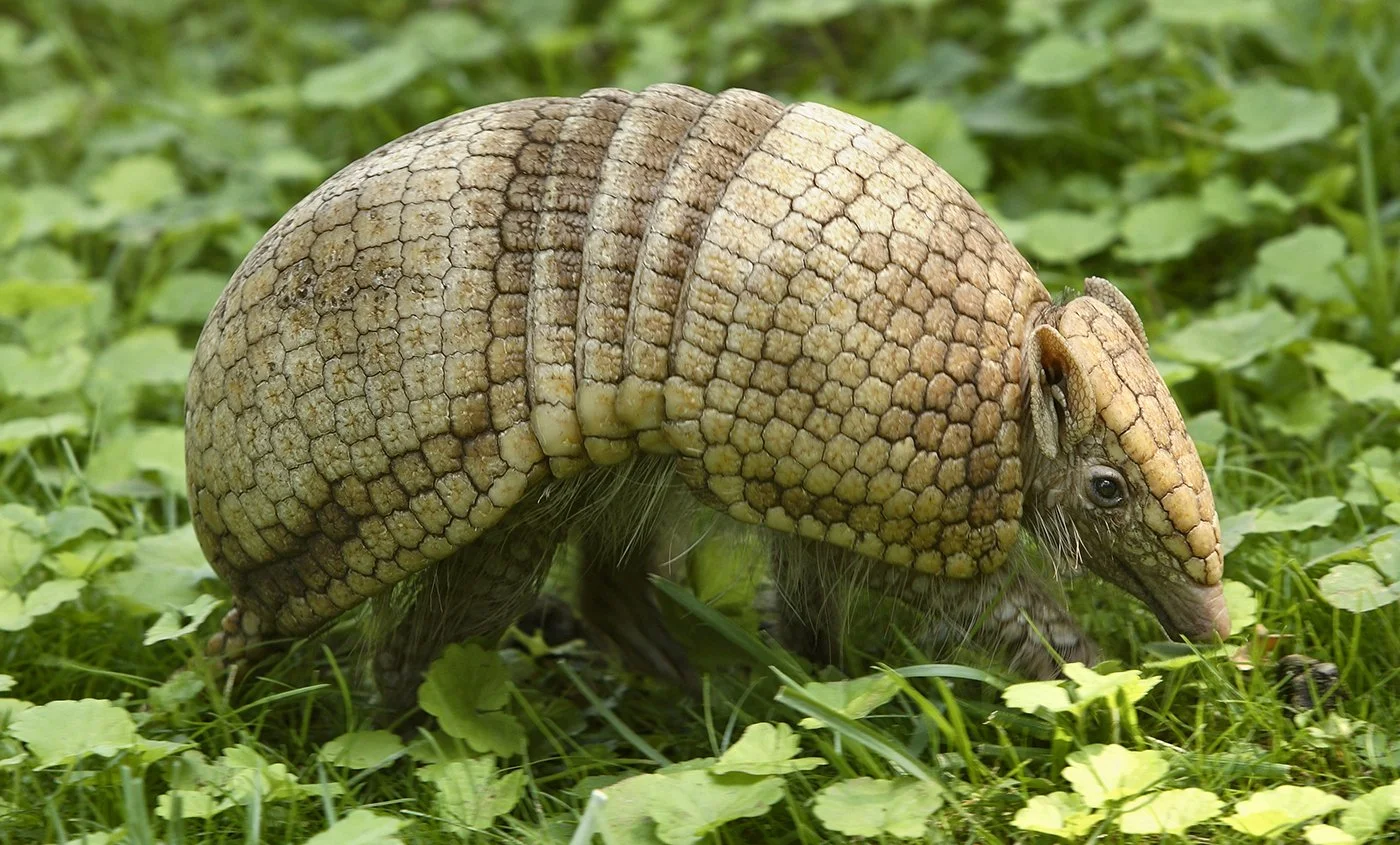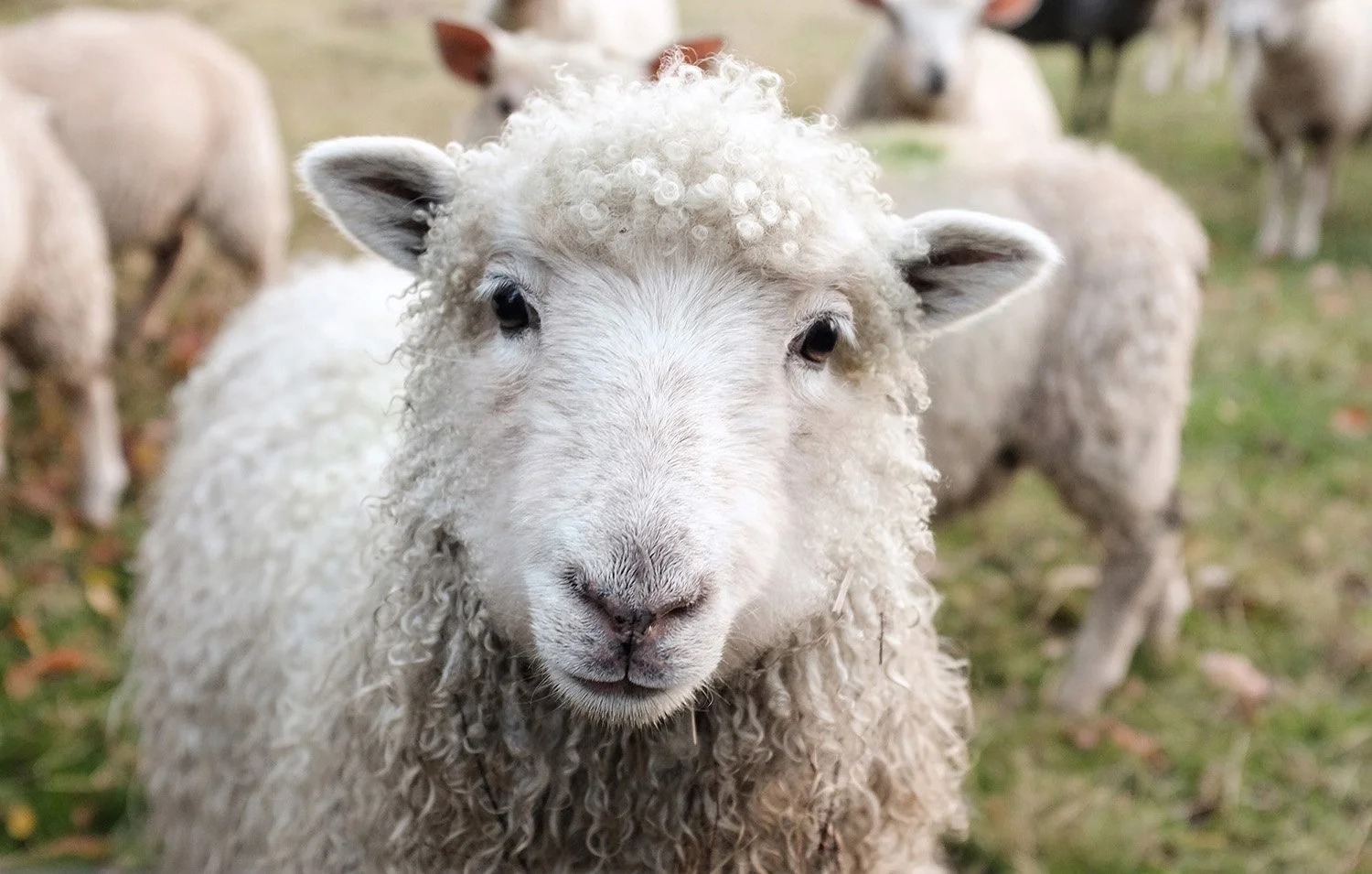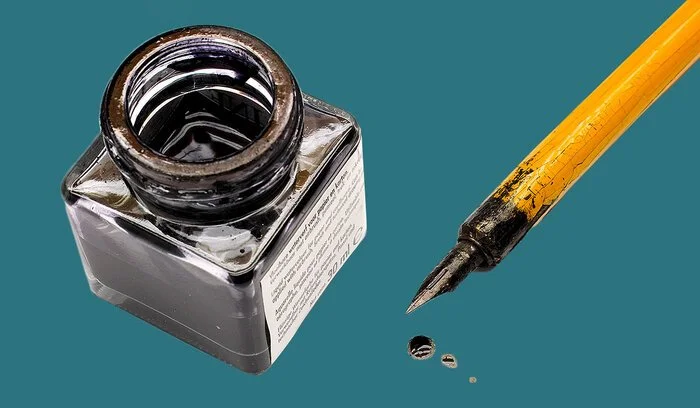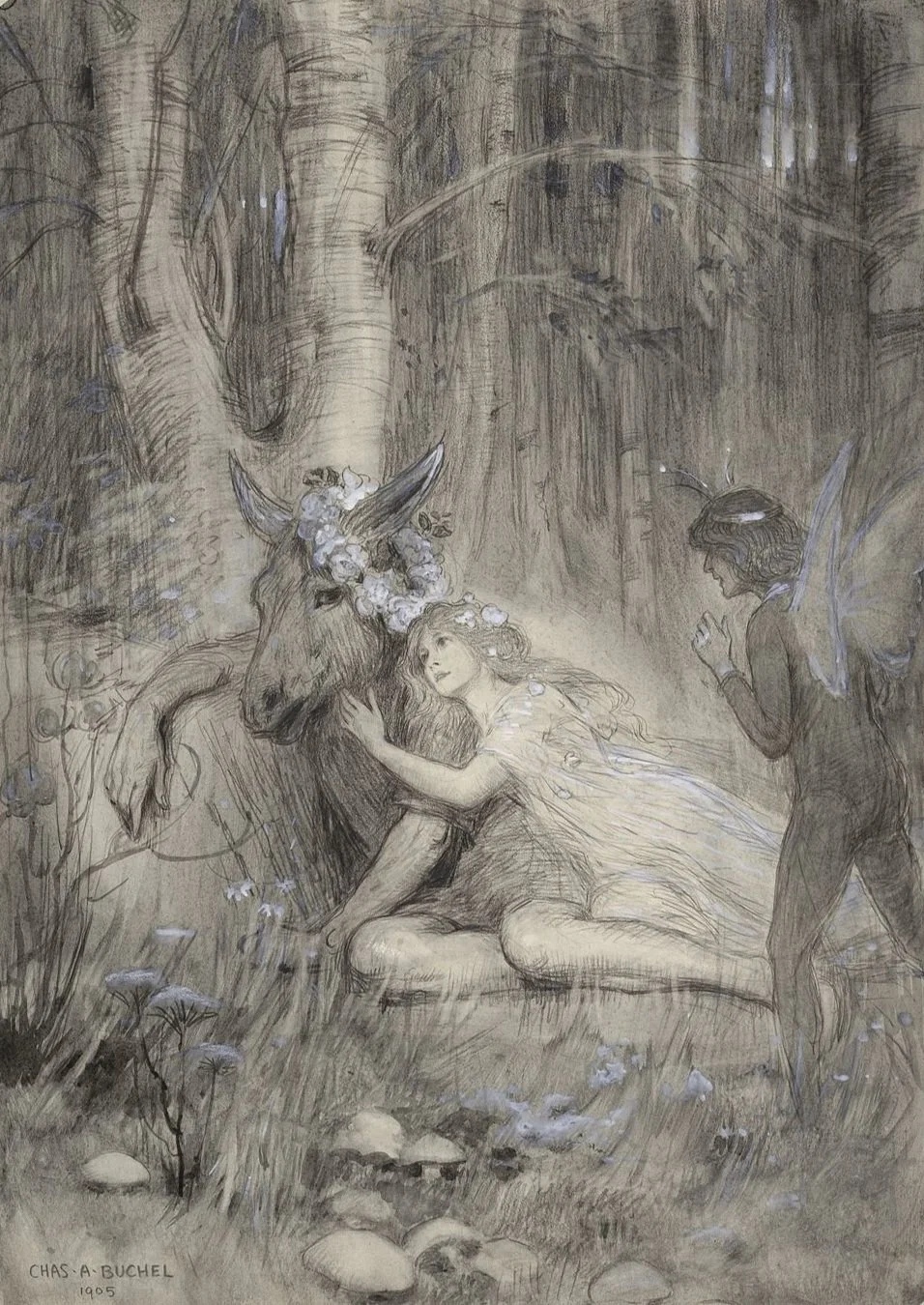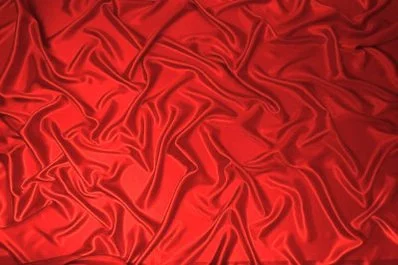Word of the week: A noun related to the term Tolypeutinae, this is a subfamily of Chlamyphoridae of the armadillo family, consisting of the giant, naked-tailed and particularly the three-banded species
Read moreWord of the week: tolypeutine
Three-banded tolypeutine

